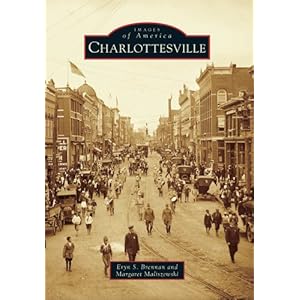Local developer Paul Beyer plans to formally announce his candidacy for Charlottesville City Council on Wednesday, June 8, at the Downtown Transit Center. Beyer’s campaign priorities, according to an e-mail obtained by C-VILLE, include job creation with attention to small businesses. The candidate confirmed with C-VILLE that he will seek the Democratic Party’s nomination at an August 20 firehouse primary.
Beyer, the son of developer Rick Beyer, has worked for his family’s 39-year-old business for the past six years. "Our 20 full-time employees have been with us an average of 19 years," writes Beyer. "We have also employed hundreds of subcontractors and other small business people—carpenters, electricians, plumbers, roofers, surveyors, excavators, engineers, bankers, accountants, architects, and graphic designers."
So far, the race has attracted more than a half-dozen candidates for the three council seats to be vacated later this year. Retired lawyer Peter McIntosh, Charlottesville School Board member Kathy Galvin, James Halfaday and incumbent Satyendra Huja will also seek the Democratic Party’s nomination, with more candidates likely to join the race. The race has also attracted three independent candidates: Socialist Party representative Brandon Collins, Scott Bandy and Bob Fenwick.
Beyer, 29, is the youngest candidate to declare, a characteristic he wears on his sleeve and links with some of the recent cultural movements in Charlottesville. "I will also run as a young person who is engaged in the arts and creative life of the City," writes Beyer. "Council needs to be proactive in fostering the music scene, biking community, gardening movement, creative classes, and any other endeavors which make us unique and vital." Beyer’s June 8 announcement is scheduled for noon.


